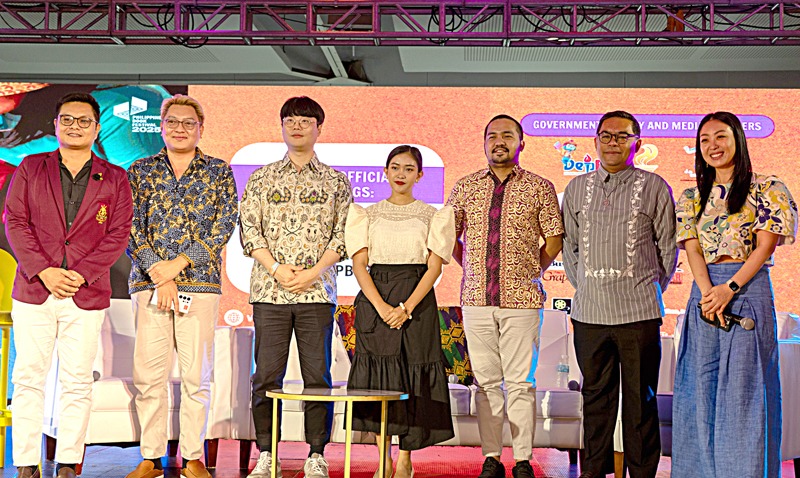Aliah P. Cali-Pascan, DPA, JD
The significance of the Bangsamoro accords and their potential inscription into the UNESCO Memory of the World Registry was the focus of a prominent panel discussion at the ongoing Philippine Book Festival, held at the Megatrade Hall, SM Megamall.
The discussion, titled “Collaboration for the Inscription of the Philippine Accords of the Bangsamoro to the Memory of the World Registry of UNESCO,” featured key experts and leaders from various organizations dedicated to peace and cultural heritage. Notably, Professor Almahdi “Aldean” Alonto, Peace Education Officer of the Institute of Peace and Development in Mindanao (IPDM) at Mindanao State University, was among the esteemed panelists.
The panel also included representatives from the Research and Legal Services of the Bangsamoro Parliament, the National Commission for Culture and the Arts (NCCA), and the international peace advocate Heavenly Culture, World Peace, Restoration of Light (HWPL).
The event addressed the crucial importance of preserving the Bangsamoro accords as a testament to the Filipino Muslims’ rich heritage and their long and arduous quest for peace. The discussion delved into the collaborative efforts necessary to secure UNESCO recognition for these documents, acknowledging their profound historical and cultural significance.
Professor Alonto, leveraging his expertise as IPDM’s Peace Education Officer, contributed valuable insights into the accords’ vital role in peace education and reconciliation within the Bangsamoro region. Panelists engaged in detailed discussions regarding the accords’ historical context, legal implications, and cultural significance. A point of contention arose concerning the precise nature of the collaboration, highlighting the complexities inherent in such a significant historical undertaking.
The panel discussion aimed to raise public awareness about the Bangsamoro accords and their potential inscription into the UNESCO registry, fostering a deeper understanding of the region’s history and the ongoing pursuit of lasting peace. The event underscored the critical role of collaborative partnerships between diverse stakeholders in preserving and promoting the invaluable cultural heritage of the Bangsamoro people.
source: pia.gov.ph and the article below.

